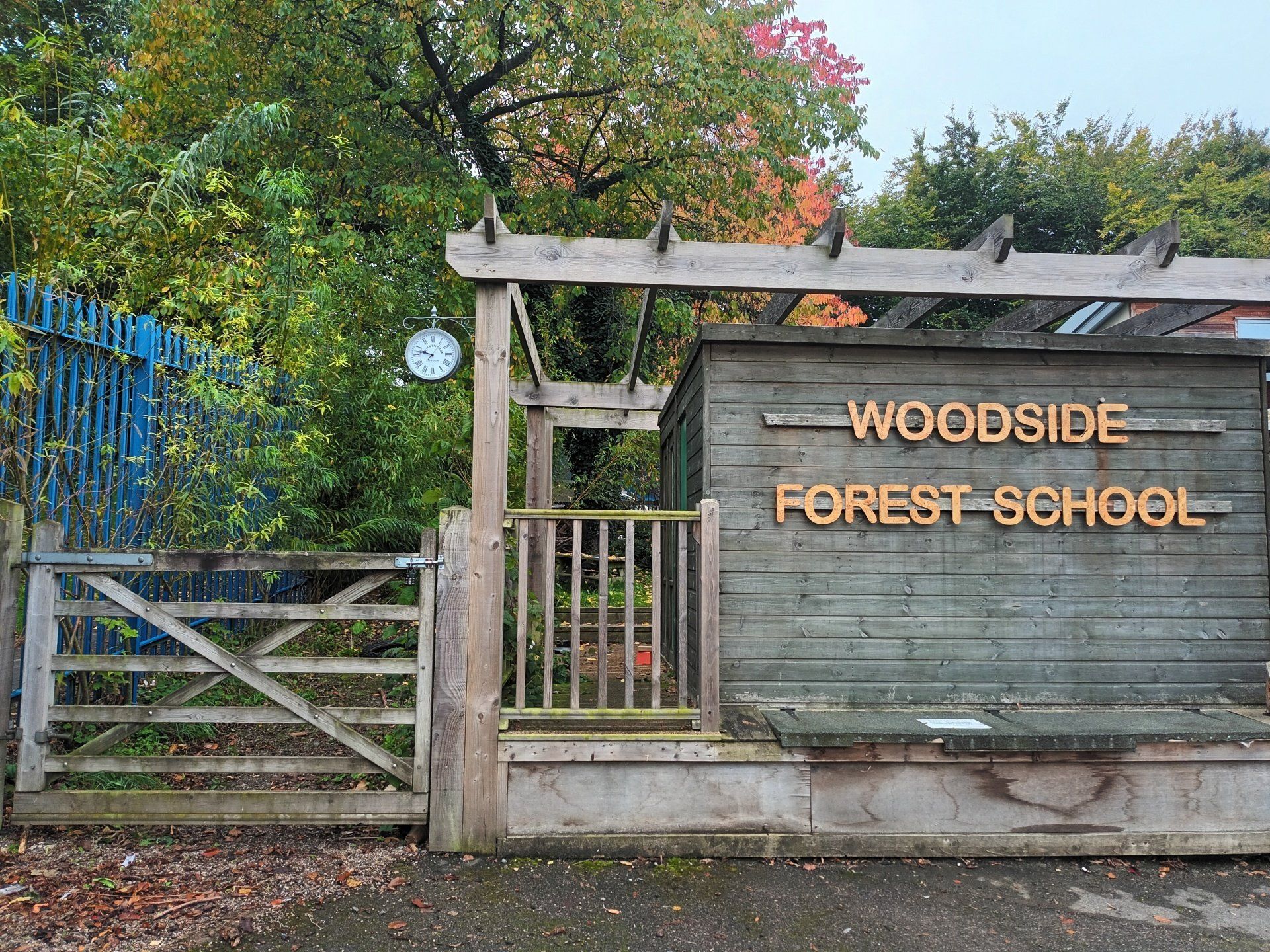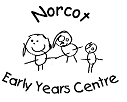Forest School At Norcot

"The best classroom and the richest cupboard is roofed only by the sky"
Margaret McMillan
At Norcot we are passionate about learning through nature and it is a big focus in our Norcot Charter. All the children benefit from a regular weekly Forest School session in our Woodside Forest School Classroom as well as trips out to local parks and woods.
Forest School has an emphasis on learning through play, where children have the freedom to try things out. Staff suggest playful, meaningful activities which nurture,with children learning through overcoming a risk, challenge or problem.
Forest School enables children to have the opportunity to develop themselves as a whole, their emotional, spiritual, intellectual, social, physical development as well as communication and language development. Forest School places an emphasis on self-reflection, which equips children with emotional and social skills that can stay with them into adulthood and makes positive relationships with the natural world.
It allows children to develop themselves through taking risks, problem-solving and self-discovery, all within a natural environment in a hands-on and thoughtful manner. There is no curriculum in Forest School. Learning is intended to be a co-operative process between the staff and the children through a system of observation, reflection, and communication. This enables the discovery and development of unique outcomes which are specific to each child and covers any part of the holistic development.
Research has shown that children can benefit in a multitude of ways
- Cope with and learn from failure.
- Develop self-regulation skills.
- Build resilience
- Gain a sense of achievement.
- Increase motivation and concentration.
- Improve problem solving.
- Expand their vocabulary and communication skills.
- Feel empowered and have new perspectives.
- Build positive relationships with adults and peers.
- Have overall improved wellbeing and mental health.
- Inspire awe and wonder
- Prevent anxiety, depression and reduce stress
- Support cognitive function
- Teach resilience
- Allow practical skills to develop naturally
- Promote independence, self-esteem and self confidence
- Increase curiosity
- Develop positive impact on attitude
